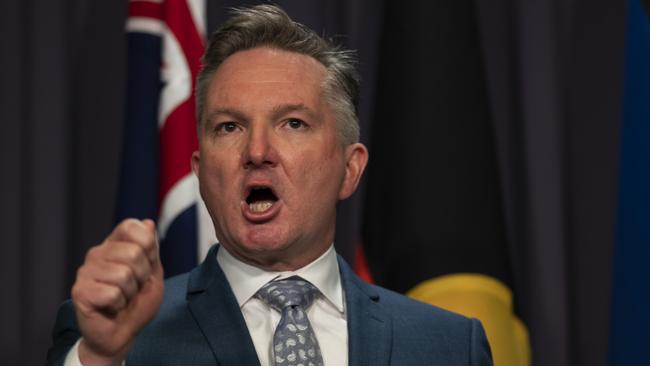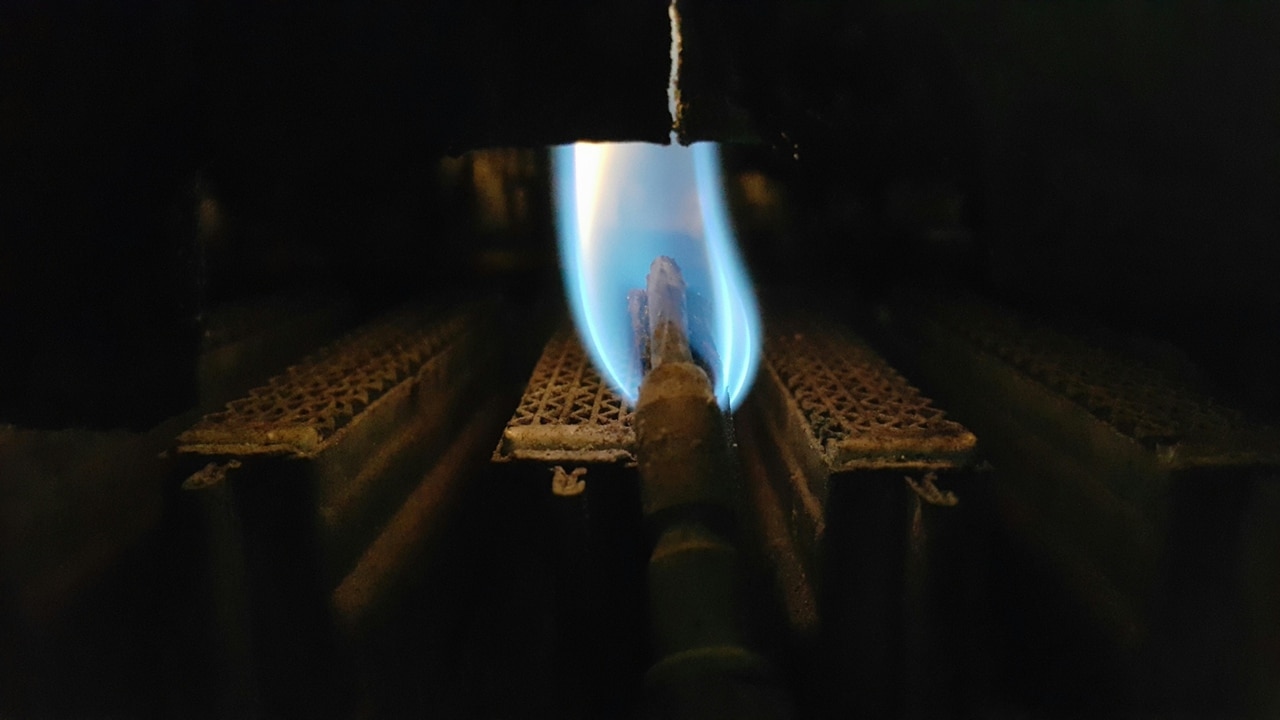Electricity top priority when energy ministers meet to address national crisis
Energy Minister Chris Bowen will work with state and territory counterparts to protect the electricity market from global shocks.

Energy Minister Chris Bowen will work with state and territory counterparts to protect the electricity market from global shocks by guaranteeing investment in baseload gas, pumped hydro, batteries and coal generation by locking in a scheme to pay generators for their capacity.
Fast-tracking the final design of a capacity mechanism – a key recommendation in the Energy Security Board’s post-2025 electricity market design – is expected to be a top priority when energy ministers meet on Wednesday to address the national energy crisis.
The proposed ESB mechanism was based on a reliability obligation requiring power retailers to purchase energy supply in advance and provide greater investment certainty for companies to keep ageing coal-fired power and gas power stations open longer.
The blueprint to protect electricity users in the transition from coal-fired stations to new fast and flexible dispatchable power will underpin the nation’s medium-to-long term strategy alongside improving transmission and access to the grid for renewables.
Mr Bowen will outline the Albanese government’s response to the immediate crisis, focused on securing enough gas and coal-fired power generation to minimise soaring prices and blackouts, at his first meeting with energy ministers.
Santos chief executive Kevin Gallagher on Sunday confirmed the gas giant and its joint venture partner Beach Energy would invest more than $430m in the Cooper Basin to develop and supply natural gas.
Mr Gallagher said the new works would deliver an additional 15 terajoules of gas per day by the end of the year and provide competitively-priced domestic gas to support Australian industry.
“This investment will deliver more gas to the domestic market, which is desperately needed,” he said. “Recent domestic gas supply and price pressures have been caused by a spike in gas-fired power generation to back up renewables and to replace the 30 per cent or more of coal-fired power generation that has been offline or not operating since early May.”
Mr Bowen on Sunday warned that the country is facing a “perfect storm” on gas supply and was “ill-prepared” following years of poor planning by Coalition federal governments.

The Energy Minister and Resources Minister Madeleine King have been holding rolling meetings with energy regulators, state and territory counterparts and the private sector to finalise short-term plans to alleviate the energy crisis. “The situation isn’t over but it’s being managed. I’m working very closely with state and territory ministers, we’ll be meeting on Wednesday to map out further steps,” Mr Bowen told Sky News.
Former Dow Chemical chief executive Andrew Liveris, who advised Scott Morrison’s gas-led recovery plan, called on Labor to “immediately” intervene in the market and impose an east coast domestic reserve of 15 to 20 per cent. “Domestically I would put in export controls on the gas guys. There will be screaming. The gas guys would hate that but you know what? They make a ton of money because they are exporting low- cost gas and the price is the international oil price,” he said.
With energy companies bringing forward the closure of coal-fired power plants and divesting out of traditional power generation, finalising a capacity mechanism design is considered crucial to future-proof the National Electricity Market.
Last year, Mr Bowen said Labor “understands the importance of reliability in our energy system” but would apply tests to a reliability and capacity mechanism. These include ensuring the mechanism is consistent with “our emissions reductions ambitions” and does not restrict renewable energy investment. “It must be a bridge to dispatchable technologies like hydrogen, batteries and pumped hydro, not an indefinite subsidy for old technologies,” he said.
The immediate concern for Mr Bowen is plugging shortfalls in the next two years with major projects like Snowy Hydro 2.0, which will deliver an additional 2000MW of dispatchable generation and pump 350,000 megawatt hours of large-scale storage into the NEM, not expected online until at least 2025.
Nationals leader David Littleproud on Sunday said the Coalition was not to blame for the energy crisis, accusing Mr Bowen of “demonising” gas companies and being incapable of unlocking short-term supply.







To join the conversation, please log in. Don't have an account? Register
Join the conversation, you are commenting as Logout